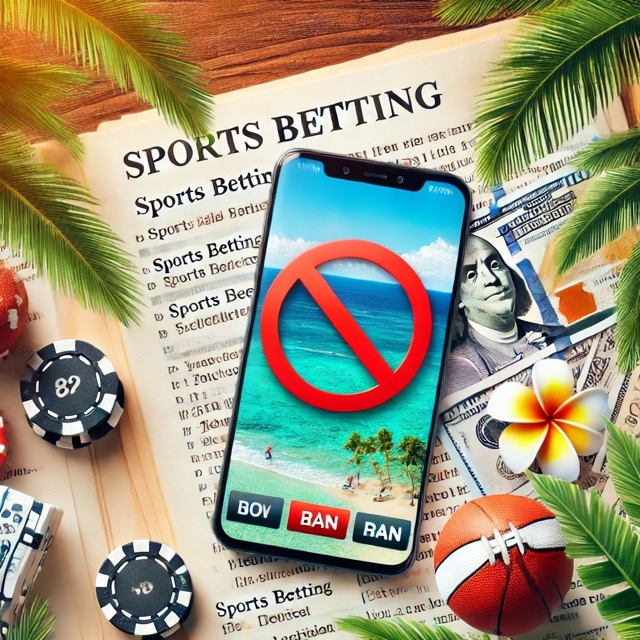
Hawaii remains one of the few holdouts in the United States when it comes to legalizing sports betting, and the debate over whether the state should embrace gambling continues to intensify. Despite multiple bills being introduced in recent years to legalize various forms of gambling, including sports betting and daily fantasy sports, none have managed to gain enough traction to move forward. For a state that is fiercely protective of its social and cultural fabric, the resistance to gambling is understandable, but the question remains: Will Hawaii ever legalize sports betting?
One of the primary arguments against legalizing sports betting in Hawaii is the potential social cost. Lawmakers are particularly concerned about the impact gambling could have on addiction rates, crime, and financial stability in a state with a small population and a close-knit community. Unlike in larger states, where gambling’s negative effects can be more easily absorbed, the potential for harm in Hawaii feels more acute. This has made it difficult for pro-gambling advocates to make headway, even though residents have expressed interest in the entertainment and economic benefits that sports betting could bring.
At the heart of the debate is whether the financial upside is worth the potential risks. Proponents argue that legalizing sports betting could provide a much-needed boost to the state’s economy, particularly in the form of tax revenue that could be used to fund public services like education and infrastructure. Additionally, legal sports betting could help crack down on illegal gambling, which is already happening in Hawaii through unregulated offshore platforms. By bringing sports betting into a regulated environment, the state could offer protections to consumers while also benefiting from the revenue generated.
However, the political climate in Hawaii suggests that change may not be on the horizon anytime soon. Unlike other states where gambling legislation has been pushed forward by influential stakeholders or political pressure, Hawaii lacks a strong constituency advocating for legal sports betting. This, coupled with the state’s conservative approach to gambling, makes it unlikely that any significant progress will be made in the near future.
The legal landscape for sports betting in Hawaii is as complex as it is stagnant. While the economic benefits are clear, the state’s unique cultural and social considerations present significant barriers to legalization. For now, sports betting in Hawaii remains an elusive goal, but as more states across the U.S. embrace gambling, the pressure on Hawaii to reconsider its position may continue to grow.








